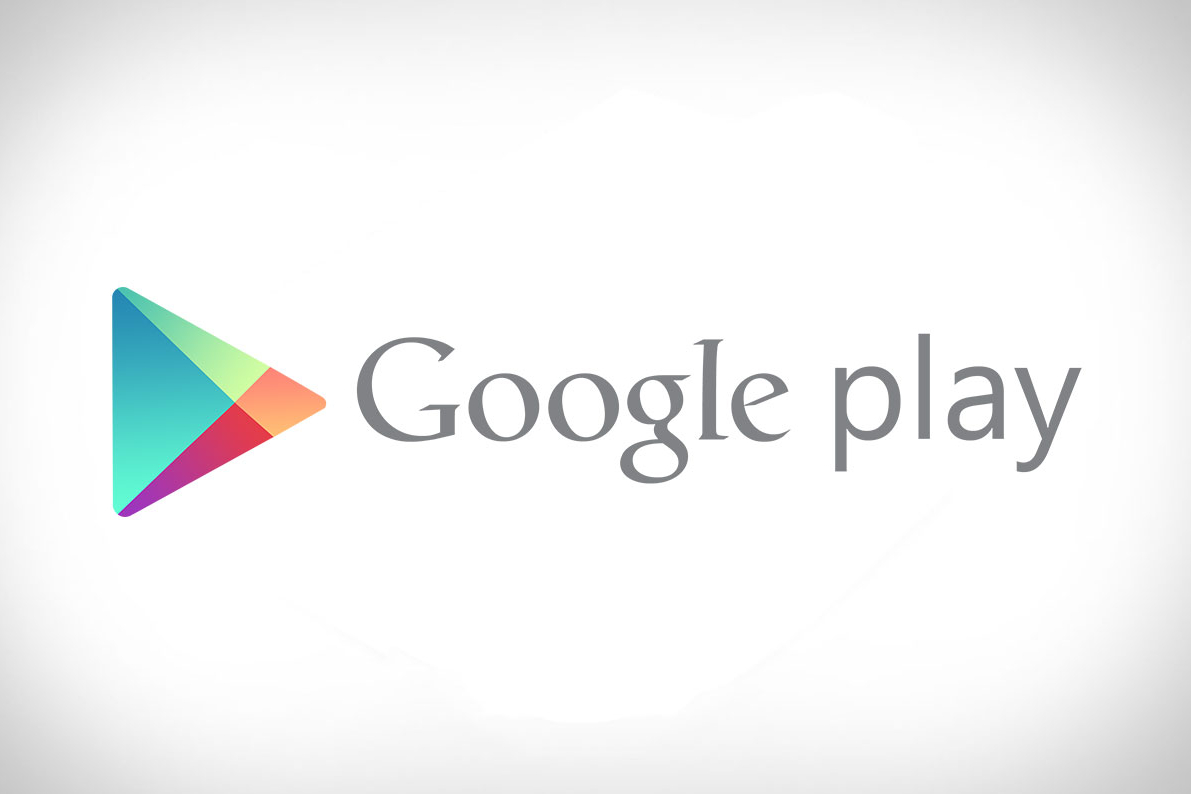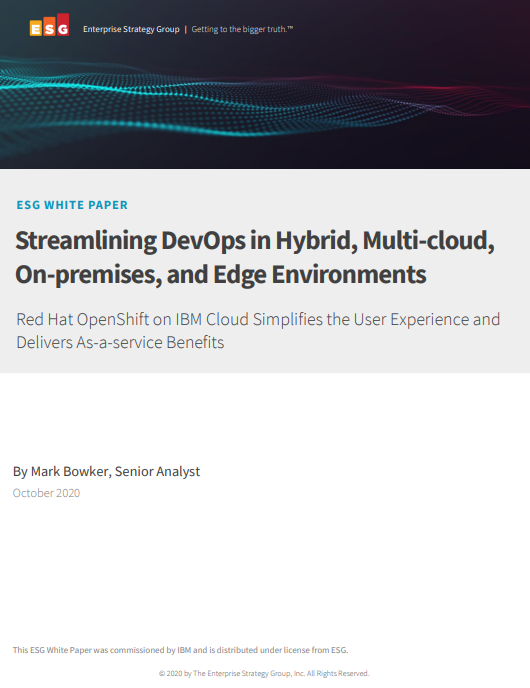Google Play news: Google Play update will not support Gingerbread and Honeycomb
Next Google Play update stops support for Gingerbread and Honeycomb devices

Google Play is the primary distribution outlet for content compatible with Google’s Android operating system. Content purchased from the store is compatible with Android devices, but also supports Roku, Chromecast, and can be streamed from the web and downloaded to PC, Mac and Linux machines.
Just like Apple’s iTunes Stores, Google Play gives users access to media content including music, books, films and TV programmes, magazines, games and, best of all, millions of apps via its main Play Store.
In this article, you’ll find the latest news about Google Play and the Android app store.
Google Play news
22/11/2016: Android developers announced they will be discontinuing support for Google Play Store on Gingerbread and Honeycomb versions of the OS.
The outdated versions of the Android operating system will no longer be able to support the Play Store app after the next update (Google Play Services 10.2.0), which should occur in early 2017.
The minimum API level will jump from 9 to 14, making Ice Cream Sandwich the oldest Android version able to support Play Store.
In the post making the announcement, Android developers wrote: "The Gingerbread platform is almost six years old. Many Android developers have already discontinued support for Gingerbread in their apps. This helps them build better apps that make use of the newer capabilities of the Android platform. For us, the situation is the same. By making this change, we will be able to provide a more robust collection of tools for Android developers with greater speed."
Get the ITPro daily newsletter
Sign up today and you will receive a free copy of our Future Focus 2025 report - the leading guidance on AI, cybersecurity and other IT challenges as per 700+ senior executives
The developers suggest that other app developers specify a minimum API level of 14 after the release of the updated Google Play Services. After the update, Gingerbread and Honeycomb users will no longer be able to see apps with this new minimum requirement.
Apps with a substantial user base on older platforms will be able to provide support for them by remaining on PlayStore Services 10.0.0 and developing a separate APK compatible with it. In case these developers wish to keep their app on both the 'new', updated version of Google's PlayStore and the older one, they will have to produce to different versions of their app.
According to Talk Android, the number of Android devices around the world supporting Gingerbread and Honeycomb are less than 1.5%.
28/07/2016: Google has launched its Family Library program, which allows up to six family members to share Google Play purchases across devices.
The service enables people to share movies, TV shows, books, apps and games across Android phones and tablets. In some circumstances, purchases can also be shared across browsers, iOS, Android TV, Roku and others.
Also announced is the Google Play Music family plan. This also allows six family members to stream millions of songs on demand for $14.99 per month.
Family Library will be rolling out over the next few days and will be available in Australia, Brazil, Canada, France, Germany, Ireland, Italy, Japan, Mexico, New Zealand, UK, and the US.
06/06/2016: Google has demoed Android apps running on the Chrome OS, after announcing at its I/O conference that millions of Android apps would soon be usable on Chromebooks.
The tech giant has now released video footage of its session, lasting 23 minutes, along with a demo of some Android apps running on the operating system (built on ARM and Intel chips).
RELATED RESOURCE

Streamlining DevOps in hybrid, multi-cloud, on-premises, and edge environments
Simplifying the user experience and delivering As-a-Service benefits
Google appears to have bridged the gap between its two operating systems well. Reactions from developers and users have been positive so far. Though because many Android apps are developed fro touch interfaces, Chrome OS tablets appear to be the devices that will benefit initially.
More sessions from Google I/O can be found here.
03/06/2016: Play Store will suggest apps users can delete
Google has updated its Play Store Android app to suggest apps that can be deleted when users are about to run out of space, according to a new report.
Exceeding the total storage space on a smartphone is a common problem now, particularly with games, music and video taking up significant amounts of space.
Ordinarily, when users visit the Play Store on their Android device and attempt to download an app or game that will cause them to exceed the device’s storage space, they are greeted with a message telling them they cannot download it without first deleting some of their existing apps or media. They must then scan through their apps and manually delete them.
According to Android Police, the Play Store is receiving a new Uninstall Manager, which will suggest apps to be deleted. A screenshot (supplied by Bram Rutten) that the site shared shows a new notification message, which lists apps – apparently based on their memory size – that could be removed directly from the message.
Google has not shared any official details, but an improvement of this kind makes sense.
19/05/2016: Google has unveiled a preview of a new project, called Instant Apps, that will enable Android apps to run immediately, without the need to download or install.
Using Instant Apps, users can tap on a URL to instantly launch an associated Android app.
This accelerated performance could have numerous benefits for user experience. For instance, apps that boot instantly will give users back crucial seconds if they are loading up a map to navigate on a busy street, or jotting down a note for before boarding a train.
One-time apps, such as event tickets or voucher deals, used in this way would also mean far less clutter on users’ home screens.
“As a developer, you won’t need to build a new, separate app. It’s the same Android APIs, the same project, the same source code,” wrote Suresh Ganapathy, Google product manager on the Android Developer blog.
“You’ll simply update your existing Android app to take advantage of Instant Apps functionality. In fact, it can take less than a day to get up and running for some developers, though the effort involved will vary depending on how your app is structured.”
During its announcement at Google I/O, the company used the example of a parking metre to illustrate how Instant Apps could be used to replace one-use apps. Google is currently working with companies including B&H Photo, Medium and Zumper to develop early examples of Instant Apps.
Also during I/O, Google announced that Android apps are officially on the way to Chrome OS.
The text from an I/O session, first spotted by 9to5Google, reads: “Today we announced that we’re adding the best mobile app experiences in the world, Android apps and the Google Play store, to the best browser in the world, Chrome! Come to this session and test your Android apps for Chrome OS. You will get hands-on help from our friendly engineers on how to optimise your Android app for Chromebooks. Oh, and we will also be giving the first 50 developers to show up a free Chromebook so they can get a head start bringing their apps to Chrome!”
News about Android apps making their way to the Chromebook surfaced last month when a Reddit user discovered new settings in the preview release.
This announcement from Google is another step towards the web giants converging its apps and services. To make them work more universally.
18/05/2016: Google has updated its Android Pay app, and launched the contactless payment service in the UK.
Google made the announcement on its Android blog, ahead of today’s Google I/O press conference.
Android Pay is compatible with any Android-powered devices running KitKat 4.4, or higher, with NFC and HCE capabilities.
UK retailers that are already supporting Android Pay include Superdrug, Costa and Waitrose. Others are shown on the official Android Pay site. The contactless service can also be used on the London transport network.
Banks supporting Google’s new contactless payment service include the Bank of Scotland, First Direct, Halifax, HSBC, Lloyds Bank, M&S Bank, MBNA and Nationwide Building Society.
The Android Pay app can be downloaded from the Google Play Store here.
12/05/2016: Google has updated its real-time translation app with support for more languages and the ability to work in other apps.
Google Translate now includes the Tap to Translate feature on Android. This widget, which can be displayed in other apps, allows users to translate text directly within the original app, without copying and pasting.
This new feature works with all 103 of the languages currently supported by Google Translate.
Google has also added Chinese to its Word Lens app, which is capable of viewing text on signs, menus and other real-world objects and translating them in real-time into one its other supported languages.
Alongside its Android app, Google has also updated its iOS version with an offline mode, enabling the app to be used when a Wi-Fi or mobile broadband connection is not available.
Google Translate can be downloaded from the Google Play Store.
25/04/2016: Android apps and the Google Play Store appear to be headed to Chrome OS, based on screenshots of an upcoming developer build that have begun circulating.
Google had allowed developers to run their Android apps on Chrome in a limited capacity through the App Runtime for Chrome (ARC) extension, released last year.
Now Reddit users have discovered a new setting, listed as ‘Enable Android Apps to run on your Chromebook’, in the 51st version of Chrome OS, which is currently being trialled by developers.
Redditor ‘TheWiseYoda’ was the first to spot the setting. Other users who have enabled the setting report a new Play Store app opening (see image above) with an introduction on how to get started. However, the feature is not yet active and swiftly closes.
A handful of Android apps are currently available to download from the Chrome Web Store. Based on the screenshot of the upcoming store, it appears that Google will be offering Android apps through its more established digital store. This potentially means Android users will also be able to log in and access their previously purchased apps, and use them on Chrome OS.
Aligning its app stores more closely is something users have requested from Google. Apple has steadily unified purchases across its iTunes Store and App Store for its various platforms. Most media content, such as film and TV programme purchases, can be used across devices like iPhones, iPads and Apple TV. But when it comes to games and apps, most developers are optimising their products specifically for each of Apple’s platforms.
Such a thing may be a key consideration for some Android developers wanting to make their apps usable on Chromebooks.
The Play Store for Chromebook is expected to roll out officially in the very near future. Version 51 of the Chrome browser hit beta last week, so a Chrome OS update is expected to follow soon.
-
 Cleo attack victim list grows as Hertz confirms customer data stolen
Cleo attack victim list grows as Hertz confirms customer data stolenNews Hertz has confirmed it suffered a data breach as a result of the Cleo zero-day vulnerability in late 2024, with the car rental giant warning that customer data was stolen.
By Ross Kelly
-
 Lateral moves in tech: Why leaders should support employee mobility
Lateral moves in tech: Why leaders should support employee mobilityIn-depth Encouraging staff to switch roles can have long-term benefits for skills in the tech sector
By Keri Allan
-
 'Digital hide-and-seek': Workers are wasting hundreds of hours a year sourcing the information they need to carry out their role
'Digital hide-and-seek': Workers are wasting hundreds of hours a year sourcing the information they need to carry out their roleNews Knowledge workers globally are wasting a quarter of their working week tracking down information, new research from Atlassian has revealed.
By George Fitzmaurice
-
 Untethered: How CIOs and CISOs are paving the way for the new hybrid workforce
Untethered: How CIOs and CISOs are paving the way for the new hybrid workforceWhitepaper Effective techniques to transition from exposed legacy infrastructure to an effective zero trust strategy
By ITPro
-
 Unlocking the power of your digital services
Unlocking the power of your digital servicesSponsored Businesses have invested significant cash into technology since COVID-19, but are they really getting their money's worth?
By ITPro
-
 Delivering fast and secure digital experiences for the modern hybrid workforce
Delivering fast and secure digital experiences for the modern hybrid workforceWhitepaper A new approach to digital experience monitoring that can monitor the health of all systems
By ITPro
-
 Collaboration is the glue that holds your business together
Collaboration is the glue that holds your business togetherSPONSORED A combination of productivity tools and cloud telephony can enable the best from your workforce
By ITPro
-
 The future of work and the forgotten workforce
The future of work and the forgotten workforcewhitepaper How to deploy a mobile-first strategy so no one gets left behind
By ITPro
-
 The case for an accelerated device refresh cycle
The case for an accelerated device refresh cycleWhitepaper Achieving a more cost-effective device lifecycle overall
By ITPro
-
 Employees are choosing how they work
Employees are choosing how they workWhitepaper And with the right secure digital strategy, this could be a great thing for your business: today and far into the future
By ITPro